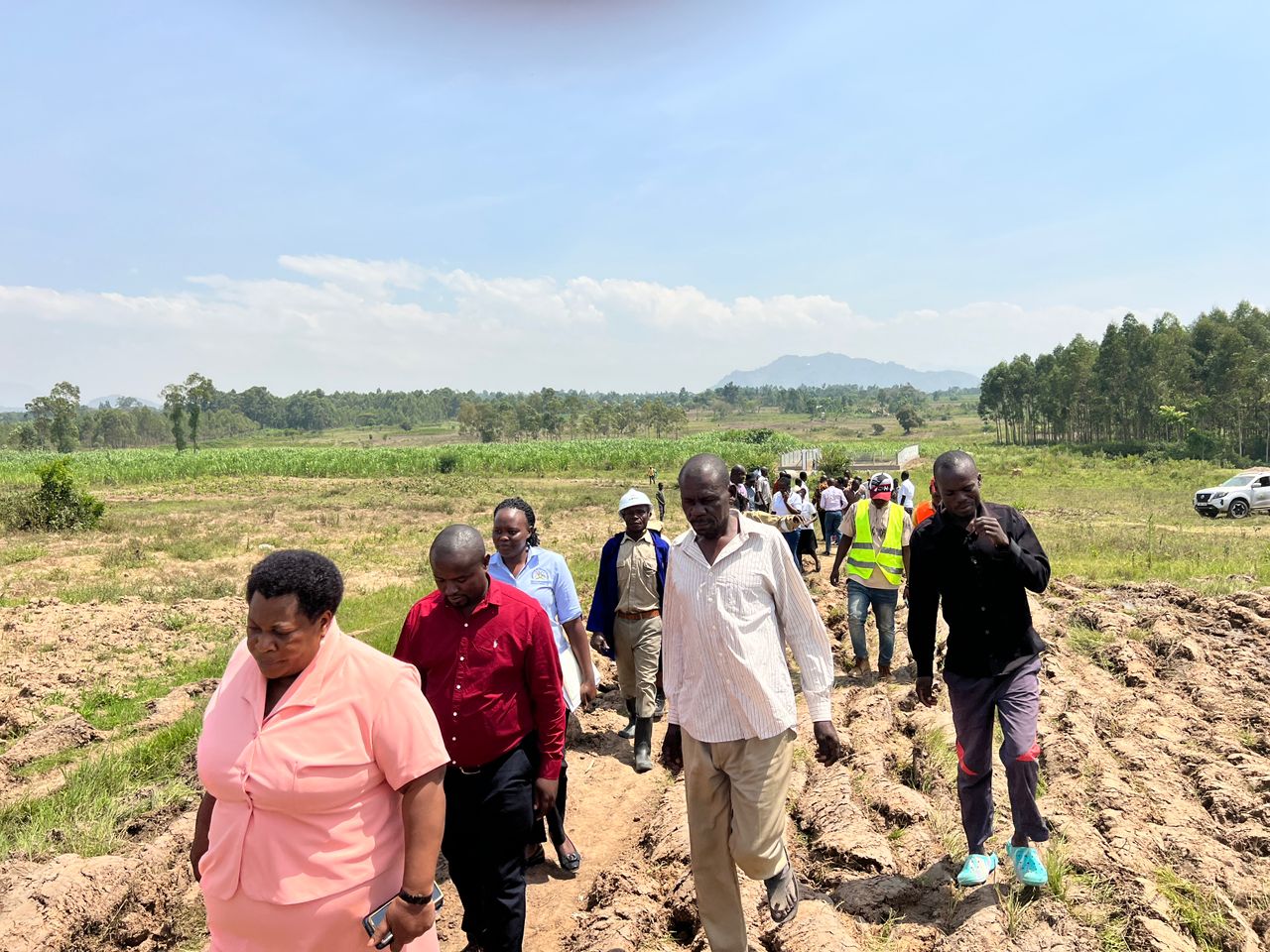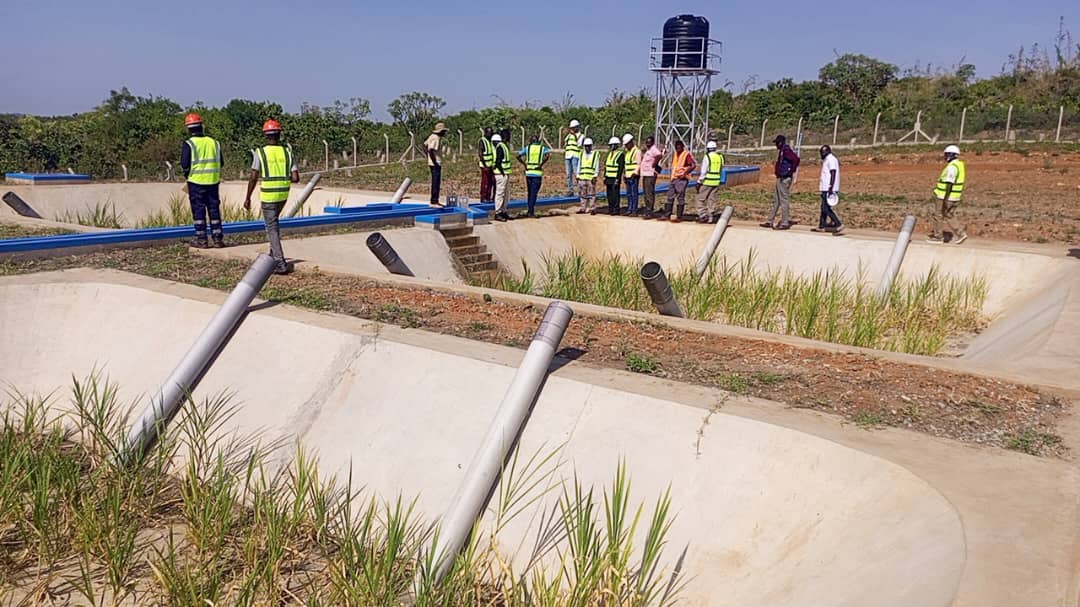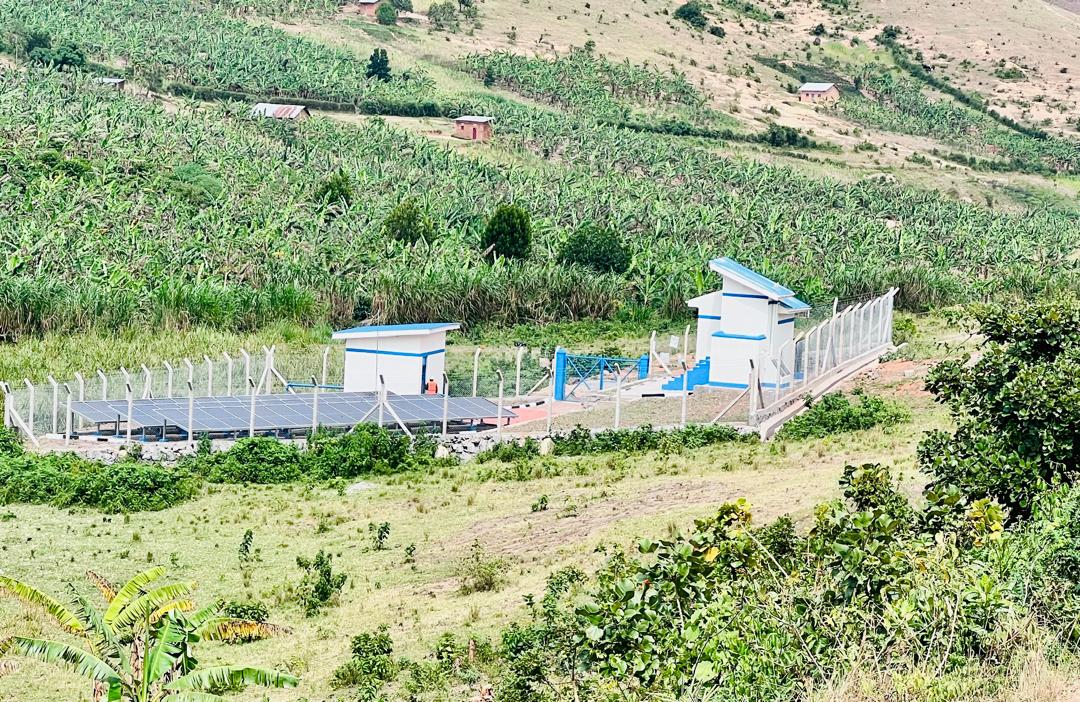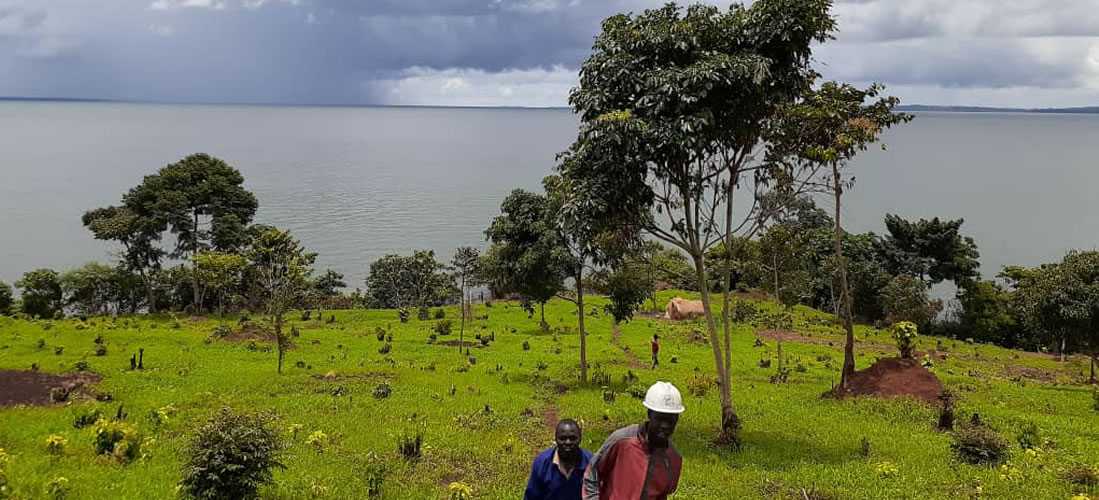
‘Irimbi Youth determined to take government climate change adaptation efforts an extra mile’
Bamigboye Olurotimi once said, “To be relevant as a nation in this twenty-first century,
youths must be empowered in such a way that no obstacle can stand in their way.”
Indeed, empowerment is critical to the socio-economic transformation of any society. In
this era of climate change, when almost every section of the population has been
rendered vulnerable, youth empowerment has become more critical than ever.
In this context, the government of Uganda through the Ministry of Water and
Environment (MWE) working with the Ministry of Agriculture Animal Industry and
Fisheries (MAAIF), the Uganda National Meteorological Authority (UNMA) under the
Building Resilient Communities Wetland Ecosystems and Associated Catchments in
Uganda Project, is making strides in youth empowerment to become more conscious of
climate change impacts.
The project promotes sustainable wetland use and management through conscious
building for resilient communities and, at the same time, provides alternative livelihoods
to wetland-dependent communities. This has been a protracted stakeholder
engagement involving youth, most of whom are now cognizant of the fact that the fight
against climate change cannot be won without their contribution.
Irimbi Fish Youth Farming Group, in Irimbi ‘A’ village, Mpensia parish, Mazuba Sub-
County, Namutumba district, is one such determined group of youth who are now taking
issues of sustainable wetland management seriously. And have come up with local
initiatives that promote Ramsar Convention Principles.
Mr. Sowed Lukwago, the chairperson of the group explains what drives them, “When
government officials came here to mobilize and sensitize communities on the dangers
of degrading Mpologoma wetland system, they told us to voluntarily leave the wetland
so that it could regenerate, it can provide its functional services.”
“We were growing rice. This was severely affecting the wetland. We were also told that
even if, vacate the wetland, we could still use it in a friendly manner. For instance,
establishing an irrigation scheme, or fish farming at the periphery of the wetland,”
Lukwago adds.
He then decided to take the lead and mobilised other youth in his community (most of
whom were engaged in rice growing). They manually established four fishponds at the
periphery of the wetland. Each pond is established near a reliable water source. The
pounds were stocked with locally sourced catfish from the Mpologoma wetland. They
also manufacture the feed using locally available materials.
Driven by the desire to become resilient to climate change, the group further lobbied for
the training that they received through Food for the Hungry. “As you can see, we are
trying to do fish farming here, so that we can better our lives. Since we started this
venture three years ago, other community members have wished they could be part of
our initiative. We know that once we start registering a good harvest, we will be much
more resilient to climate change.”
“The challenge, though, is that the quality of our fingerlings is low, thus affecting the
yield. Even the feeding is still a challenge,” Lukwago further explained during a recent
field monitoring visit.
Whereas the project is yet to boost Lukwago’s initiative, the youth determination to take
the lead in addressing youth vulnerability to climate change remains a significant
achievement the government has been able to register, with support from the Green
Climate Fund (GCF) and the United Nations Development Program (UNDP). Once
supported to achieve their aspirations, the youth are ready to take the fight against
climate change, the extra mile.
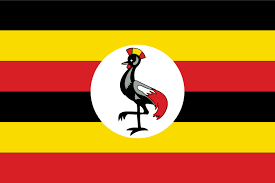 Official Website of the Ministry of Water and Environment
Official Website of the Ministry of Water and Environment

